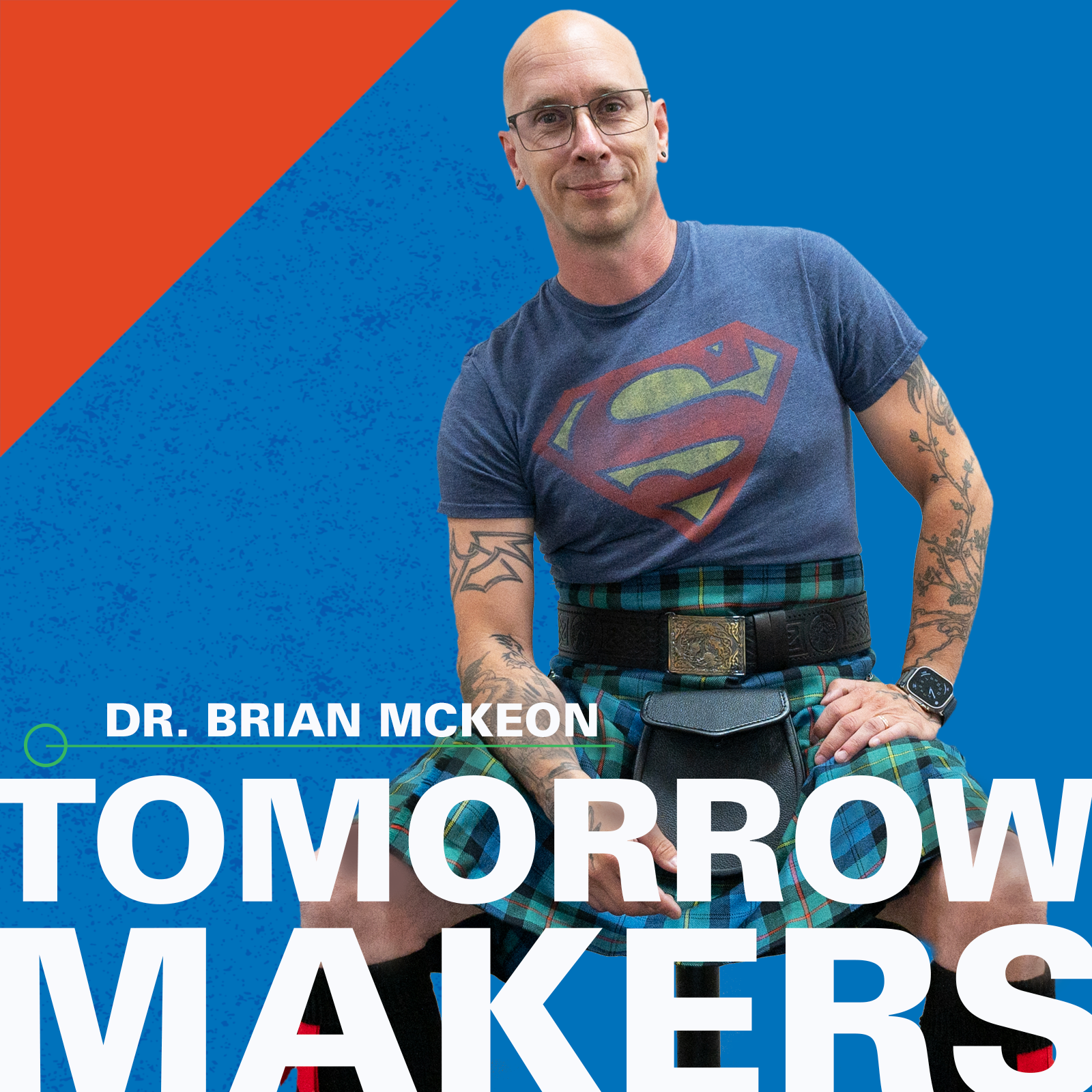
Dr. Brian McKeon: Learn to Learn
If this conversation doesn't inspire you to seek new opportunities to expand your horizon, we don't know what will. Brian's approach to life doesn't follow the straight-and-narrow path. His far-reaching interests led him to earn a master's degree in biological sciences and a doctorate in philosophy and medical ethics. Now in his 19th year of teaching at Penn College, Brian has taken courses in everything from business and culinary to legal studies and physician assistant. He tells us how this knowledge quest allows him to connect with students from all disciplines to deliver a more meaningful educational experience. Our insightful conversation touches on countless topics, from AI to Monty Python.
Mentions in this episode:
- Dr. Craig Miller: https://www.pct.edu/podcast/2
- Community Theater League: https://ctlshows.com/
- Bedside Manor: https://www.pioneerdrama.com/SearchDetail.asp?PC=BEDSIDEMAN
- Jen Wahl : https://www.pct.edu/podcast/24
- Philosophy of Science and Religion https://www.pct.edu/catalog/courses/PHL231
- The Stone Reader: Modern Philosophy in 133 Arguments | Peter Catapano and Simon Critchley: https://wwnorton.com/books/The-Stone-Reader/
- 21 Lessons for the 21st Century | Yuval Noah Harari: https://www.ynharari.com/book/21-lessons-book/
- Neuralink: https://neuralink.com/
- Monty Python and the Holy Grail: Airspeed Velocity of an Unladen Swallow: https://interestingengineering.com/science/monty-python-and-the-holy-grail-airspeed-velocity-of-an-unladen-swallow
- Self Reliance | Ralph Waldo Emerson: https://www.owleyes.org/text/self-reliance/read/self-reliance
